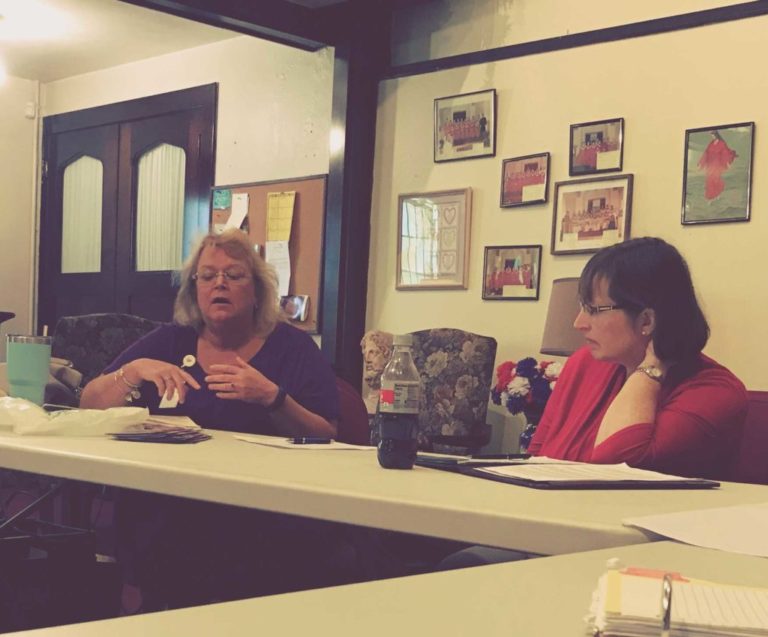COCD Facilitates Culturally Sensitive Case Management Support with CareSource


Cross Over Community Development (COCD) has initiated a project which seeks to remove barriers to health care services for 25 refugee families living in and around the Walnut Hills neighborhood in inner East Dayton. These particular families need extra support in acclimating to life in the United States because they lived for a long time in desperate conditions prior to arriving to this country. Accessing health care is at the forefront of their challenges. To address this critical need, COCD has partnered with CareSource to help remove barriers to service by improving refugees’ familiarity with and comfort in accessing CareSource health care services.
CareSource and COCD staff are working together to train community volunteers regarding how to provide individualized, culturally-sensitive case management support to refugee individuals and families.
The first meeting was held August 1st, 2019 and involved directly working with the refugee families who will receive specialized case management. The second training was held August 15th.
Volunteers and representatives from partnering organizations met beforehand for instructions. Partners in that meeting included Wright State University (WSU) – Ellis Human Development Institute, Miami Valley Career Technology Center, Catholic Social Services, and individual volunteer students from WSU as well as COCD.
Subsequent sessions will be open to the community. All are welcome and strongly encouraged to attend to take part in this important initiative. Beginning on August 29th, training sessions will take place every other Thursday (September 12, September 26, October 10 etc) from 9AM to 12PM at the Colorado Baptist Church (101 Heaton Ave, Dayton, OH 45410).
The training sessions provide an overview of the CareSource services available to refugees (interpretation services, transportation to and from doctors’ appointments, filling prescription medications at the local pharmacy, helping to find jobs, and case management), identifies why refugees may have trouble accessing those services, and provides ideas for overcoming those barriers. Many refugees for instance are unable to access the interpretation services because digital phone system is predicated on knowing the English language. Similarly, while CareSource provides transportation to and from appointments, many refugees do not feel safe traveling alone with people they don’t know well or with whom they can’t clearly communicate; when unfamiliar drivers appear at their doors, it can trigger traumatic memories of kidnappings in their native country. Consequently, many refugees can neither call for services nor go in person to receive them.
COCD has identified 25 refugee families who come from the Democratic Republic of Congo (DRC) to serve as the first group that will receive personalized case management support from COCD staff and volunteers.
According to the U.S. Refugee Resettlement Fact Sheet (Jan 25th, 2019), Congolese refugees are at the top of the list of the most recently resettled refugees of the last two years in the United States. With 23 years of ongoing unrest and instability in the DRC, the United Nations has described the Congo situation as one of the world’s worst humanitarian crises. Congolese refugees resettling here are arriving after living in limbo for decades in remote, isolated refugee camps where access to schooling was limited or substandard, adults were not permitted to work, and there was limited access to human services and medical treatment.
When they arrive to the U.S., they face a daunting transition for reasons such as language barriers, culture shock, lack of education, lack of transferable skills, and interrupted career paths. The public in Dayton, Ohio, is largely unaware of the presence of these Congolese refugees. This invisibility makes is difficult for individuals and organizations in the Dayton area to offer the formal and informal support they might otherwise provide to help these refugees become acclimated to their new lives.
With this initiative, COCD and CareSoure are working together to directly address some of the most critical barriers that refugees face, and are deepening refugees’ capacity to lead healthy, dignified lives here in their new country.